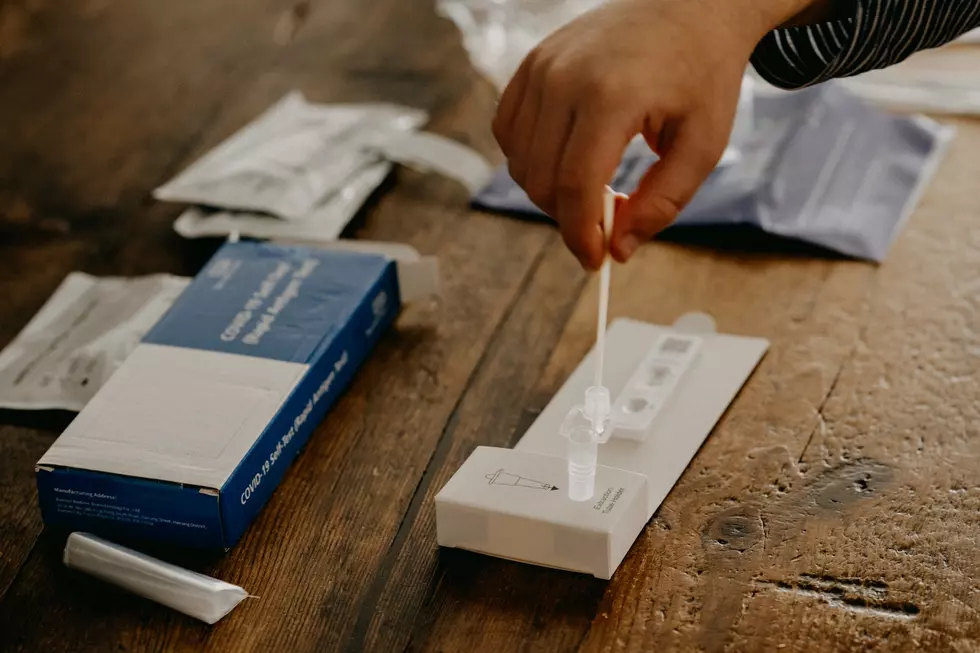
Maine to Hire Up to 125 People to Track COVID-19 Cases
The Mills' Administration plans to hire up to 125 people to help track COVID-19 cases, in an effort to slow the spread.
Altogether, the project is expected to cost about $7.5 million dollars, which will be federally funded. Department of Health and Human Services Commissioner Jeanne Lambrew announced the plan, during the daily Maine CDC briefing. Tracing the people who have come in contact with patients who are positive for COVID-19, to limit their movements and limit the number of people they contaminate is part of the process, but staff and volunteers will also be securing social services to help people with COVID-19 maintain self-isolation.
Governor Mills' plan involves three components:
1. Increasing Personnel - Currently, the Maine CDC has about 30 people working on contact tracing, but with the increased testing capabilities, it's expected that four-times that number will be needed. So, the state plans to immediately enlist the help of 50 trained volunteers, who have offered their skills through Maine Responds, a system in which first responders and healthcare workers can respond to emergency situations. These volunteers will assist for at least two months, and will start training next week. As that process progresses, up to 125 contracted staff will be hired, over time, for up to 12 months to supplement the Maine CDC's work. Hiring will be affected by the COVID-19 data trends and will include people proficient in multiple languages.
2. Deploying the Sara Alert System - The Maine CDC has deployed a new tool called the Sara Alert System, which allows people who have been diagnosed or potentially exposed to COVID-19 to report their daily symptoms, through web, text, email, or phone calls. This enables more real-time reporting capabilities and enables healthcare facilities to conduct tracing for their own employees. The Maine CDC began using the Sara Alert system last week and have already logged 345 contacts, as of May 25th.
3. Expanding Social Supports - DHHS is expanding its social supports for people who are isolated or quarantined because of exposure to COVID-19 by contracting with the state's Community Action Programs. (CAPS) This kind of isolation can be especially challenging to those with low incomes or who are struggling with housing, food security, transportation, mental or substance use disorders, or access to affordable healthcare and childcare. This program will help people in isolation with things like delivered meals, prescriptions, and behavioral health counselling. DHHS will also contract with Wabanaki Public Health for support for Native Americans and will work with Catholic Charities, which operates the state's refugee program, to help with non-English-speaking residents.
More From WQCB Brewer Maine









